Why are the lifeCycle methods in android have access specifiers as protected ?
what i understand about Access-specifiers is as below::

- But why should we need to make all the life-cycle methods as protected
- I notice this when i override the lifecycle methods
- I know over-riding the methods of Activity class as methods in
Activity classare definedprotected - But why are they defined as
protected